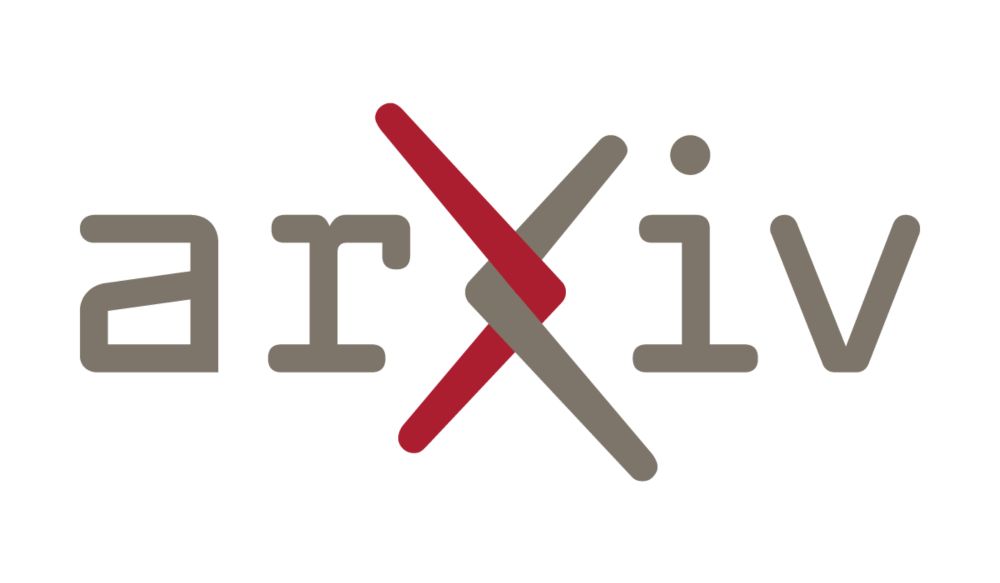
One photo a day since January 2018: https://www.instagram.com/logisticaggression/
Work led by @hannawallach.bsky.social + @azjacobs.bsky.social
arxiv.org/abs/2502.00561

Work led by @hannawallach.bsky.social + @azjacobs.bsky.social
arxiv.org/abs/2502.00561
(6/6)

(6/6)
(5/6)
(5/6)
(4/6)
(4/6)
(3/6)
(3/6)
(2/6)
(2/6)

